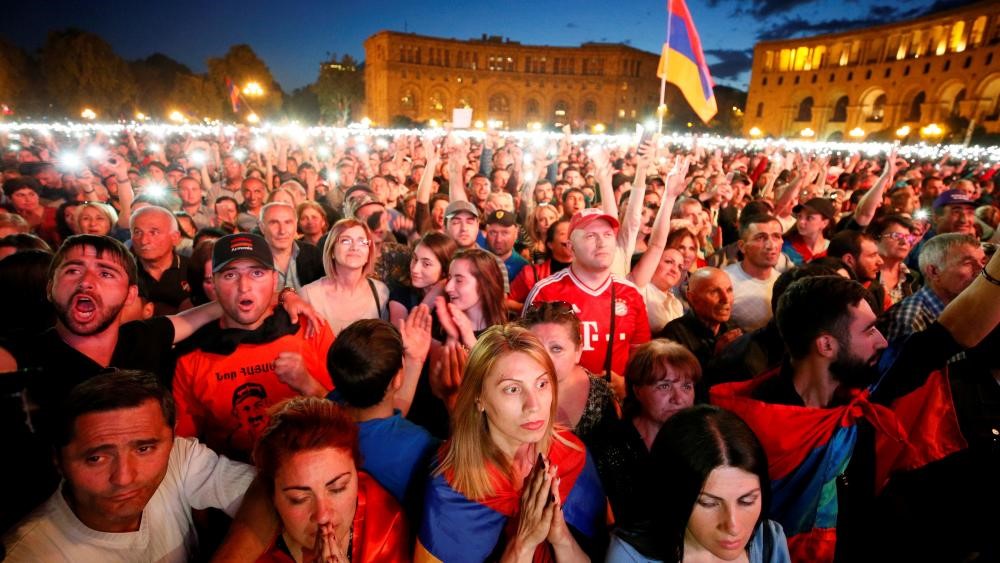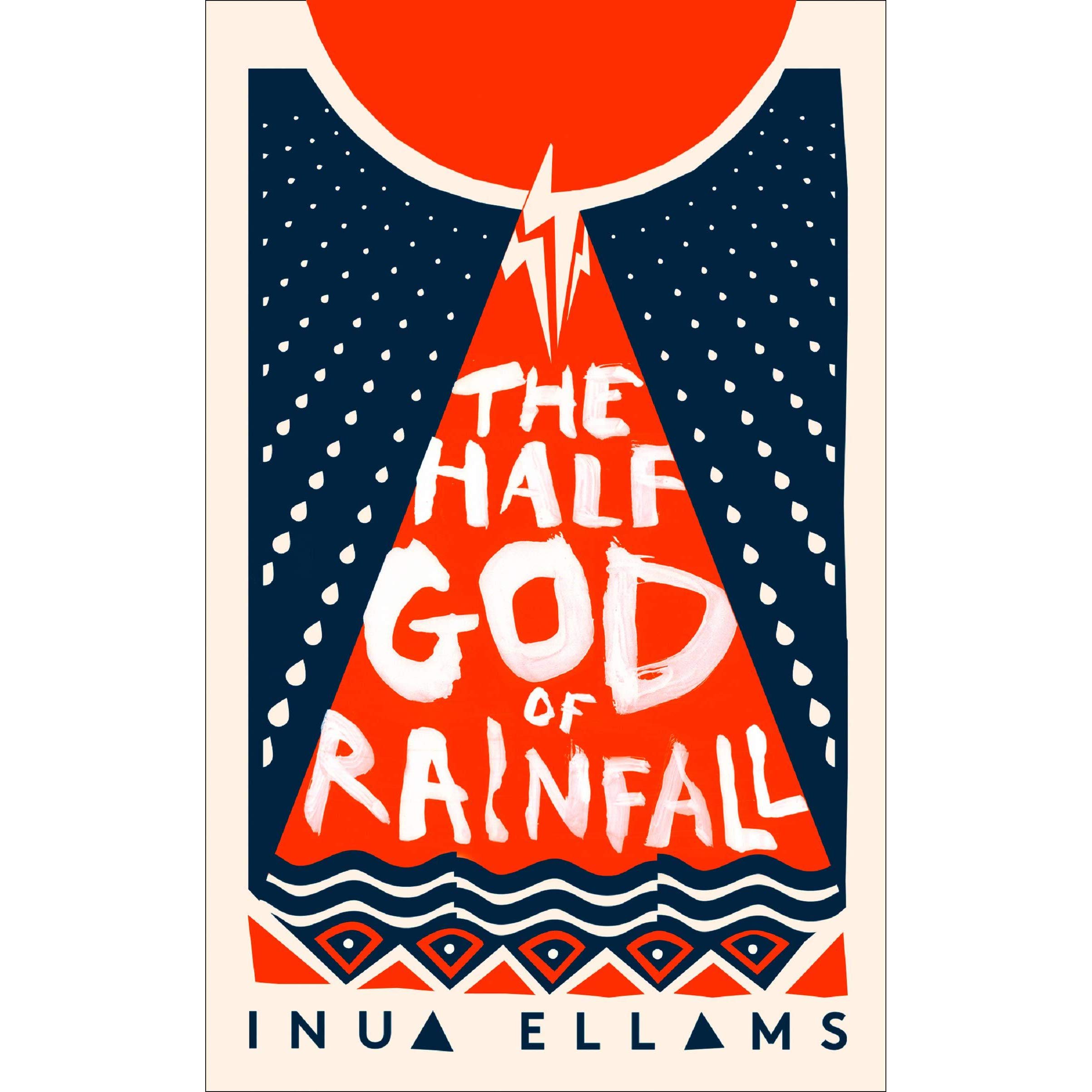Juan Ramón Rallo is indeed known to take negative, sometimes even provocative positions on large government structure and tax systems, all this in an era of the predominance of huge welfare states. He is also known for spreading liberal political, and economic values at IE University.
Last month, I attended the presentation of Juan Ramon Rallo’s latest book – The Ten Basic Principles of the Liberal Political Order – in which he describes a system that would allow different peoples to peacefully coexist in a society. Metaphorically, he sees it as a representation of Parthenon, where on the solid basis of individualism and judicial equality, four pillars of personal liberty, private property, contractual autonomy and reparation of damage are built, which in turn are crowned by freedom of association, free market, limited government, and globalization.
I sat down to talk with Dr. Rallo about his latest book, liberalism, its limitations on government structure and implications on the every-day life of citizens. Below is the edited and condensed version of our conversation.
What is Political Liberalism?
Liberalism is a system of values and norms that allows different people with distinctive aims to coexist peacefully with respect for their individual affairs.
In your latest book, you outline ten basic principles of the liberal political order. Why exactly ten? Is the list exhaustive?
From the publisher’s point of view, you are always looking for round numbers that can be sold easily. In the end, you could reduce all those principles to just one which is individual liberty and try to look for all the implications of that principle in the different affairs of human lives.
I would have added the principle of skepticism. This is the lack of trust towards constructivism and top-down solutions for social problems. This is, in some sense, included in the ideas of limited government and freedom of association.
You define ‘limited government’ as the government that is limited to protect the individual liberties of citizens. In practical terms, what are the essential branches, if any, that are needed for the state to function?
This is an open question that social sciences have not answered fully, yet. If social sciences discover that some government functions can be organized privately, then they should be outside the government sphere, because liberalism is about minimizing the power of a government.
And maximum functions that the government should have? Defense, which is the most difficult to externalize, or to provide in a voluntary way. Then, tort law, or courts that provide the justice of the last resort. Since citizens are able to solve the issue privately, “private courts” should have preference over state courts. But, if there is an ultimate disagreement between people, then it could be the subject of the government. Then, finally, diplomacy. This is just because if the government exists, it has to have representation in front of other governments, just because of the nature of politics, not because society needs it by itself.
In the book, I explain that the Lockean proviso could justify some transfers of income to people who are dispossessed of and unable to reach any level of private property inside a structure of property rights. If this branch of libertarianism is to be applied, then the government must have an additional function, which is to provide compensation for the Lockean proviso to third parties.
What would be the best tax system to finance the limited government?
Well, this is more of an economic question rather than political. From a libertarian point of view, all taxes are morally wrong. From an economic point of view, the best tax is a consumption tax. Why? Because in a sense, economic progress depends on investment and savings, both of which are oriented towards future production and future consumption. In the end, it makes sense not to tax the creation of goods, but rather their consumption, either in the present or future.
Where does your theory stand on the following spectrum: anarcho-capitalism, minarchism, limited government?
I am a philosophical anarchist. I do not see any reason to justify political authority, so I don’t think that states are legitimate as such. Nevertheless, I am not a practical anarchist, because I don’t see how of certain functions of the government could be eliminated.
Let’s stay with the limited government. This is not exactly minarchism, because for Nozick [the founder of school] the minimal state was justified and moral. I don’t accept the minimal state as moral, at least not moral from a deontological point of view.
Do you consider the manipulation of ‘electoral systems’ as the way to legalize corruption?
Totally. In some sense, this is the nature of politics – it is a struggle for power. There are many ways of combatting for it. One is killing each other, but this is not the way in which things are usually done. Why? Because wars are costly and uncertain. Clausewitz said that politicians try to engage in war without apparent or visible violence, but in the end, they are still engaging in some type of war. So, if you are continuously fighting over power, you do not have any moral constraint towards other people. They are your enemies and you have to kill them metaphorically, with the means that are available to you.
Once people start to behave in that absolutely immoral and psychopathic way, this behaviour degenerates completely. This was the thesis of Hayek, who asked himself: Why are the worst people reaching the top of government? Well, because people who are winning battles inside a government are the ones with less moral restraints.
Why are social-democratic parties so predominant in the West, while the libertarian parties are not?
Well, in some sense, social democracy has some libertarian flavour. Social democracy is a mix of individual liberties and state power to redistribute income. Personal liberties are more or less respected, like in individual societies, but economic liberties are not. This cannot be justified; the separation between civil and economic liberties cannot be defended. But, that’s social democracy. In the end, we are not on the opposite side of the libertarian society. We are on the middle road if you will.
But why has it happened this way?
Probably because we have created dependency networks among people that are very difficult to abandon since the extent of the redistribution of income is very large. People, in some sense, feel comfortable the way they live right now and they are afraid of living at something unknown. For someone who has always used public healthcare, talking about fully private healthcare is scary.
What do you think about the actions where a government prohibits citizens to do, for example, drugs, or prostitution?
Those are victimless crimes by which third parties are not damaged. Therefore, if there is no one being damaged then a government should not be directly involved, but it can regulate some surrounding issues. For instance, people who are under the effects of drugs, cannot be driving a car. Why? Because it creates risks for third parties. In the case of prostitution, a government has to defend the rights of enslaved workers. But if a person voluntarily chose to be a part of the prostitution sector, then a government should not be involved.
Is your theory an ideal political theory?
It is an ideal political theory towards which we should move, even if reaching it is very difficult. It is also an ideal under which we should judge ourselves.
What projects are you currently working on?
Currently, I am working on some papers about banking, finance, and monetary theory. But books… One project is about the role of informal institutions in socialism, about the idea that in order to work correctly, socialism needs some level of moral degradation. Another project is the more systematic and direct critique of Das Kapital. Another idea is to inquire into the market’s failures to see how markets can cope with them.
Juan Ramón Rallo’s latest book Liberalismo: Los 10 principios básicos del orden político liberal, alongside his other works, is available on Amazon and in bookshops nationwide.






